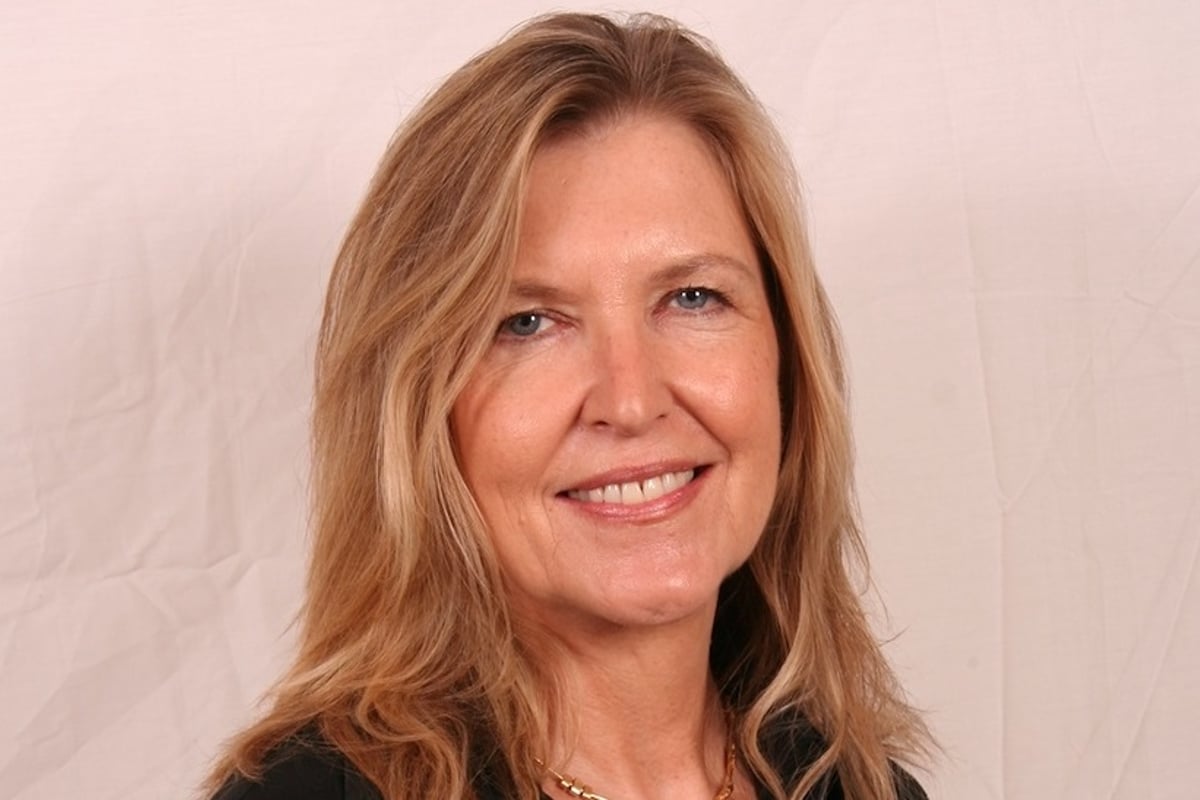Alison Wenham talks indies and new Music Credit Fund: ‘It’s going to be quite disruptive’

In the independent music world, Alison Wenham is a major player.
Across two decades, the British executive and advocate has engaged in more battles on behalf of the indie community than most of us have had haircuts, earning praise from Martin Mills as a “force of nature” and a “central factor in indies being able to compete worldwide with companies many times their size.”
Mills, the Beggars Group founder, rarely dishes out praise.
Wenham led the Association of Independent Music for 17 years from its inception in 1999; is a founding board member of IMPALA; she helped set up AIM’s U.S.-focused sister organisation, the American Assn. of Independent Music; served as board member of Merlin and as the inaugural president of WIN, which was created in response to business, creative and market access issues faced globally by the independent music business.
In late 2018, Wenham exited WIN after twelve years at its helm and two years as its full time CEO.
With the Music Credit Fund (MCF), she’s very much back in the fight.
Based in London, the new music finance company opened for business in late April, with a mission to help artists and content owners anywhere to raise funding while retaining the rights to their music or intellectual property.
Wenham and ie:music co-Founder and Chair (and Robbie Williams manager) Tim Clark form its advisory board.

Tim Clark
Launched by Jack MacDonald, Managing Director of Alvarium Investments, (MCF) offers long-term (5-10 years), competitively-priced loans secured solely against intellectual property assets and/or future income streams, with no personal guarantees.
“Existing acquisition models and restrictive debt offerings shouldn’t be the only way to access funding in the music industry,” says MacDonald.
“The last few years has seen a growth in understanding and confidence in the space and in our view this should lead to more evolved, fairer options for creatives.”
MCF has appointed Gravis Capital Management Limited (Gravis), which has some $3 billion of assets under management, as its investment fund manager.
Companies based in Australia and New Zealand are encouraged to apply. Indeed, one from these parts has already filed the requisite paperwork, TIO understands.
With a $2 million minimum borrowing threshold, it’s “a competitive and global finance solution for the whole industry,” Wenham said at launch. “We are providing a transparent, equitable and elegant solution to companies, content owners and artists who require finance but above all, wish to retain their rights.”
TIO caught up with Wenham for some insights into the state of music and the lowdown on the new, global fund.

Jack MacDonald
Alison, welcome back to indie-land. How have you killed time since your departure from WIN?
Thanks very much Lars, nice to be back.
I’m now in the mainstream music industry after twenty years in indie land, so a bigger pitch.
After WIN, I spent a year converting my 16th barn into an Air BnB — all my Australian friends are very welcome to come and stay.
And of course, spending time at home, which is a rare treat after twenty years of travelling.
With or without lock-down, I would have chosen to stay at home, I needed the break. My dogs were very happy, my family even more so, and we’ve had some wonderful times together.
Looking back, what are your proudest achievements there and with AIM?
Co-founding AIM with Martin Mills and others was the beginning of a journey that ended up on the world stage.
The creation of Impala, Merlin and A2IM were all steps along the way to setting up WIN. With key players and a great team, there was such momentum to take that journey together.
The result is a sector with global presence, a global outlook and a global operating structure – no mean feat for a bunch of “no-names”!
With the benefit of distance, what are the toughest challenges for Australia’s indies in the months and years ahead?
The toughest challenge for Australia’s indies? I think the Australian indies are a very together group, and with Maria running AIR, and the incredible export programme Sounds Australia – in my view best in class – the challenges of geography are no longer an impediment to achieving success.
But success often comes down to the boring stuff – proper metadata, and management of multiple income streams is a challenge for all indies.

Alison Wenham
You’ve now launched Music Credit Fund. What are the ambitions for the fund?
The fund will provide record companies, artists, writers and publishers the opportunity to leverage the value of their rights without the need to sell.
These rights are far more valuable to the owner (and his/her estate) in the long run… that’s why companies are trying to buy them.
The fund is, we believe, the first to offer significant sums with no personal guarantees and a long repayment period, so it meets all kinds of needs — owner managed companies, for example, looking to realise value from the catalogue but without selling their company.
It’s business as usual, with the owner taking a lump sum. Artists and writers who are having a very difficult time due to COVID – the fund can help bridge the cash flow issues.
Acquisition, restructuring, there are so many applications. And all are done privately, so no headlines.
It’s going to be quite disruptive and a real force for change.
For more visit musiccreditfund.com.
This article originally appeared on The Industry Observer, which is now part of The Music Network.






























